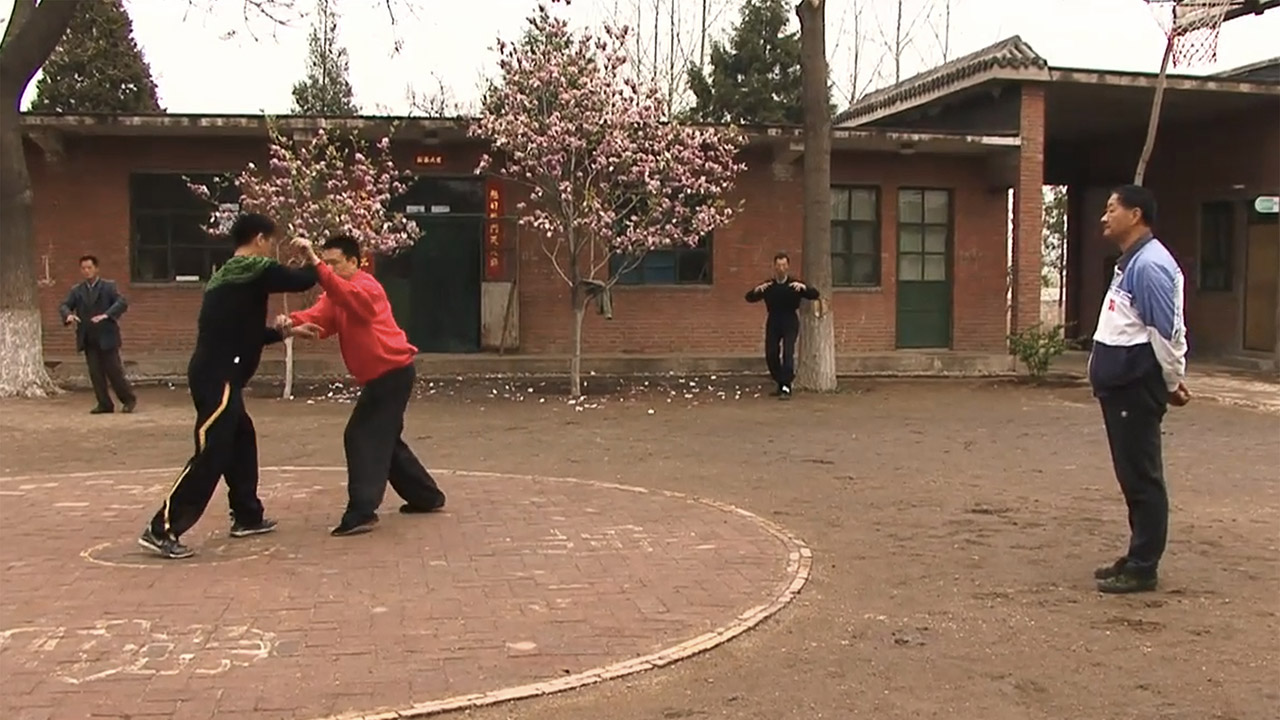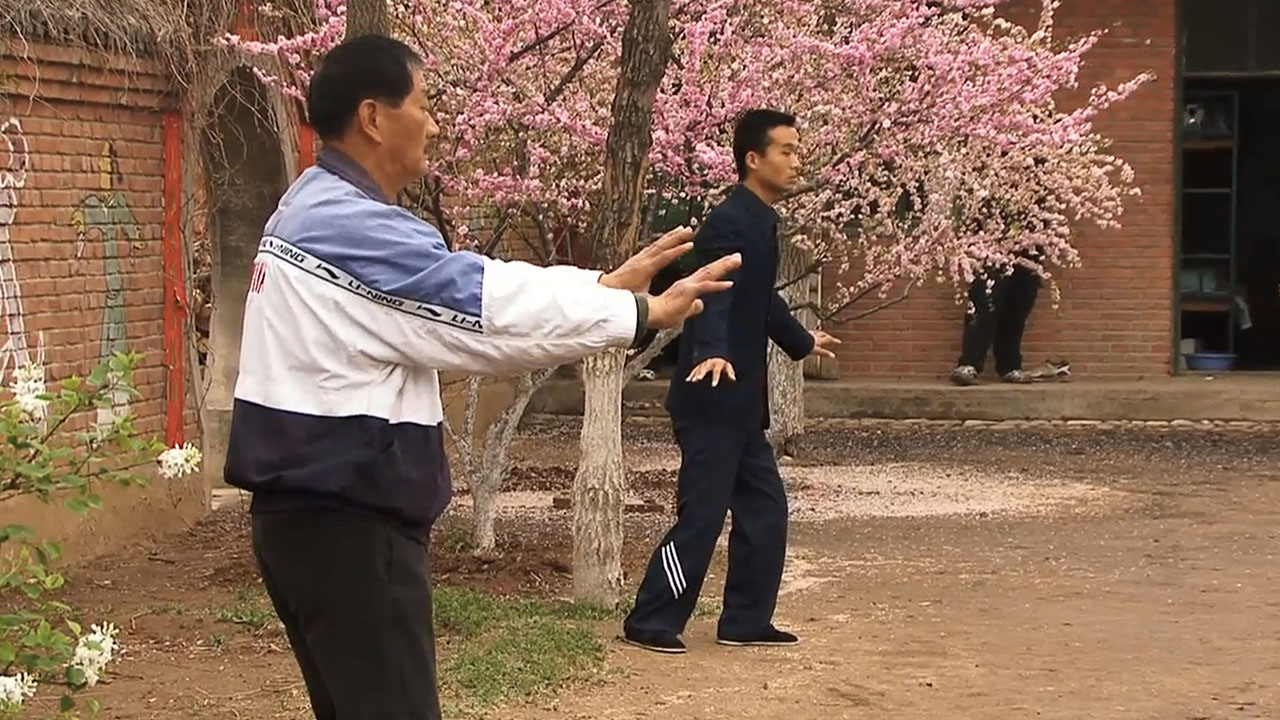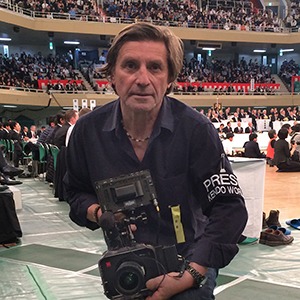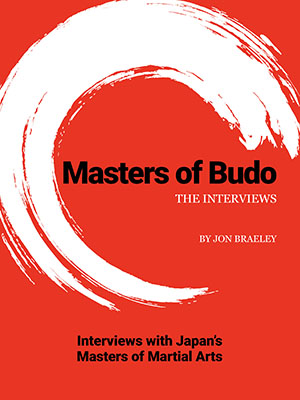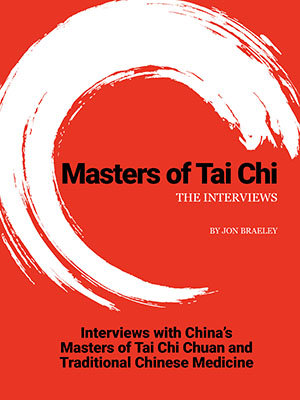We have been invited to submit a paper on martial arts to a 2022 conference at a university in Dusseldorf, Germany. The subject of the university conference is the therapeutic work of martial arts and in particular, the internal Chinese styles and Qigong.
We have chosen to submit a paper on Yiquan and our visit to the International Yiquan Training Center of the Beijing Martial Arts Association. This visit took place in 2007, during an epic journey across China to document the major Kungfu styles both external and internal from Shaolin Temple to Wudang Mountain. This documentary movie is now on special offer. Warriors of China.
If you do not know our Youtube channel, you can find many of our movie trailers here.

The Birth of Intention Boxing
The martial art of Yiquan is translated literally as mind fist, and also referred to as “intention boxing.” It is a relative newcomer to Chinese martial arts being developed around one hundred years ago by a well known martial arts master, Wang Xiangzhai. Yiquan was created on the heels of the three main internal styles of Xingyiquan, Baguazhang and Tai Chi Chuan. Wang Xiangzhai was an experienced martial artist and at the turn of the twentieth century traveled extensively around China, training with exponents of both hard and soft styles of martial arts. He was very proficient in Xingyi, the first martial art he practiced from a young age.
Wang Xiangzhai developed a martial art that did not follow the set patterns or rules of the more Orthodox internal styles of Kungfu. Indeed Master Wang went much further in concluding that the mind and body acted as one and as such, it’s importance in Yiquan cannot be stressed enough. In this endevour, he made a practice he knew very well from Xingyiquan, Zhan Zhuang, or “standing pole,” the cornerstone of his new style.
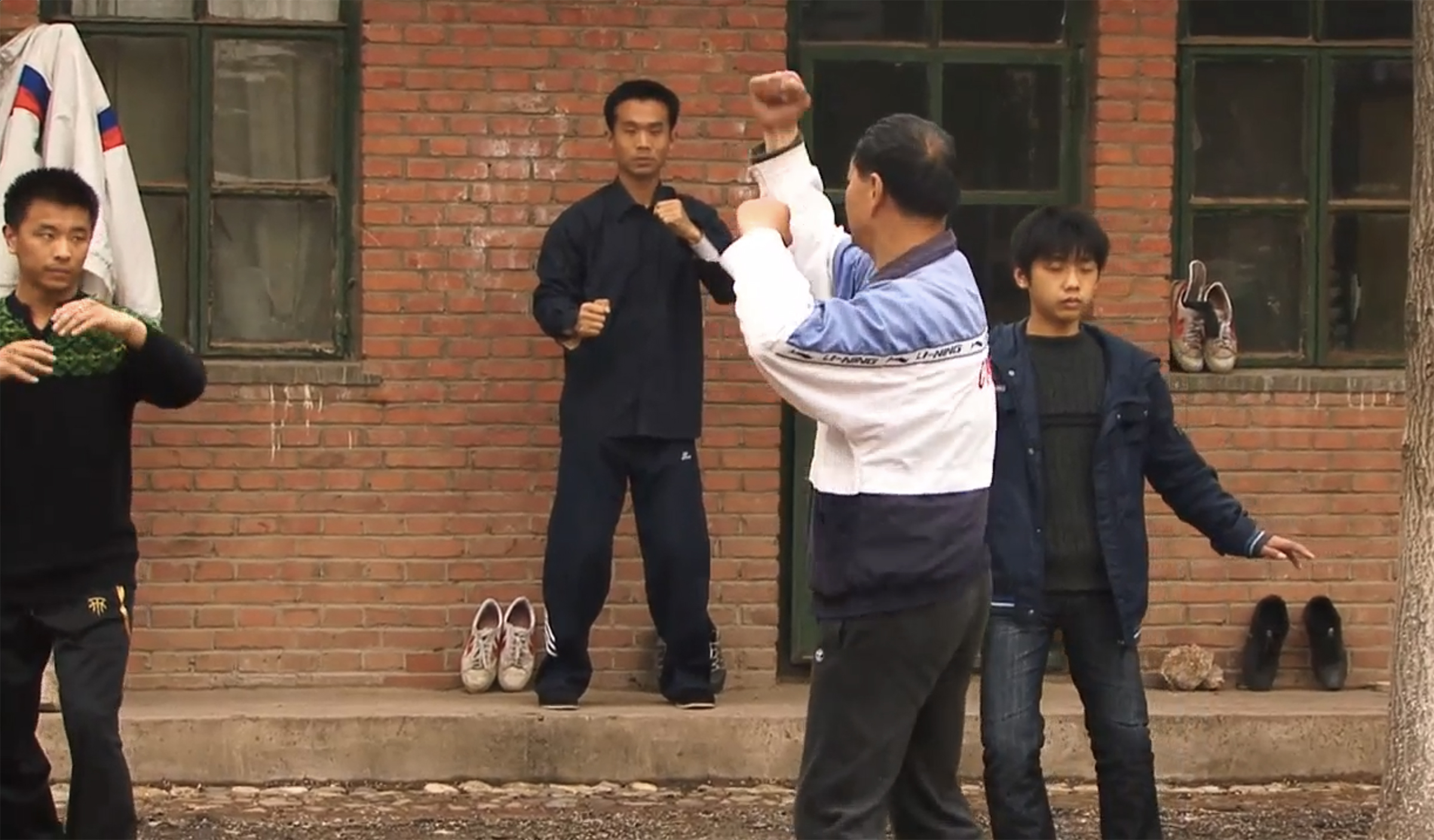
International Yiquan Training Center
The Beijing International Yiquan Training Centre is located in Tao-Lin village on the edge of Xingshou town in the Changping district about twenty five miles north of Beijing. The school was opened in 1995 by Yiquan master Cui Ruibin, of the Beijing Martial Arts Association. Most of the students live at the school during their training. The school is open to taking foreign students for short periods of one or two months to extended periods of a year or two, however the conditions are basic and there is little to do in the village outside the school walls. The schedule of the training is 8am to 11:30 am, and then from 2pm to 5pm from Monday to Saturday. Sunday is a rest day.
Yiquan and Standing Meditation
Cui Ruibin learned Yiquan from Master Yao Zongxun, a direct student of the founder Wang Xiangzhai. Master Cui studied for thirteen years with Yao Zongxun, until his teachers passing. The most basic and most important skill of Yiquan is standing meditation or Zhan Zhuang. A popular phrase to describe this is ”standing alone and keeping the spirit, living with the changing rule of the world and yin and yang, and integrating the muscles as one.” As master Cui Ruibin says “standing meditation looks still, but the mind keeps practicing. Just as people have meals everyday, if you practice Yiquan, you should practice standing meditation everyday. Every style of Chinese martial arts have standing meditation, however, Yiquan regards it as the core and lifts it to the most important status. All the practice of Yiquan are based on this standing meditation.”
The assistant and student of Cui Ruibin, Gong Dong, also adds that “From the standing meditation you will begin to make some physical movements. So, they will transfer from stillness to movements. This stillness is just relative stillness, because according to materialism, stillness is also a kind of movement in a special form. Yiquan develops this kind of still practice to the extent, making the practitioners get some internal movements while standing still. What are the internal movements relying on? First of all, it starts from the mind. That is what we mean by the imagination of the mind.”
